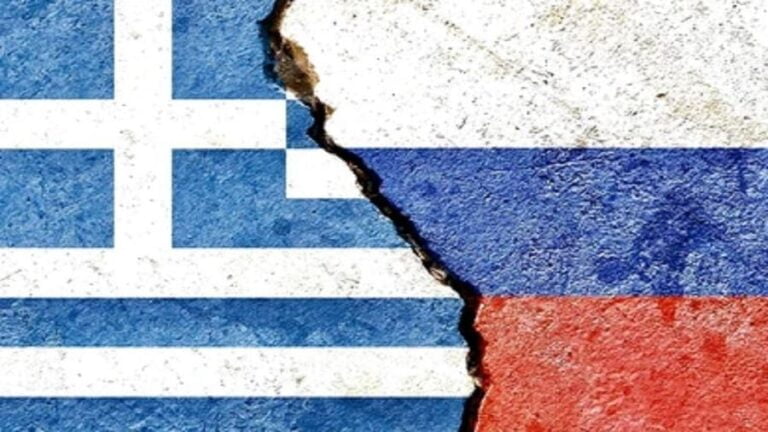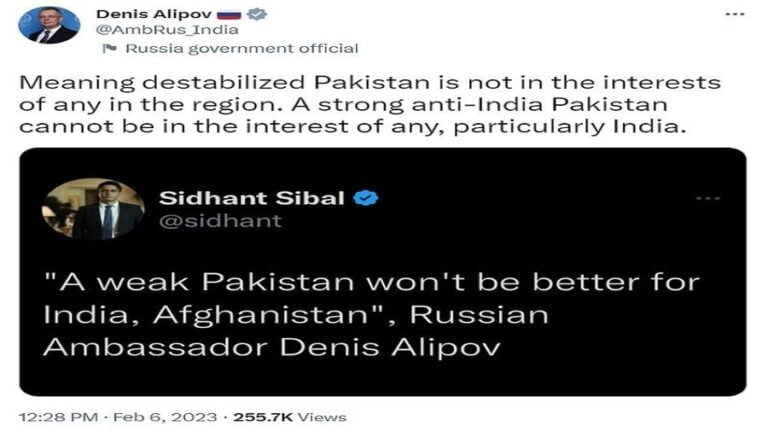Brokering a Peace Process for Kashmir could be Iran’s Greatest International Achievement
Iranian President Hassan Rouhani has recently completed an extended visit to India which has been hailed as a success by both sides. Indeed, for both sides, the visit was a balancing act that could have been thrown into disarray by even one less than fully sanitised remark. On the one hand, some supporters of the Islamic Revolution feel “betrayed” by the fact that Rouhani even went to meet with Indian Premier Modi, a man whose country is responsible for the oppression of Muslims in Kashmir and whose government is currently engaged in what has been called a “love affair” with “Israel”.
For India, many of Modi’s Hindutva supporters will be aware that shortly before Rouhani’s trip, Iranian Leader Sayyid Ali Khamenei released a series of statements on his official website, detailing how the Islamic Revolutionary leadership views the Kashmiri struggle for justice as an equally important issue as the more internationally discussed quest of Palestinian justice. In keeping with the theme of pan-Islamic unity, President Rouhani’s first major speech in India was before Islamic scholars in Hyderabad, where he spoke of the need for wider Muslim unity that crosses any and all sectarian lines. While not mentioning any country by name, as I reported at the time, the speech was clearly addressed to Pakistan, so as to alleviate any fears that Iran has an asymmetrically pro-Indian foreign policy.
Rouhani’s meetings with Modi were carefully conducted in an ideologically free environment. Instead, the two parties spoke about cooperation in Iran’s Chabahar port, energy deals and trade in Rupees rather than US Dollars. Far from betraying the Islamic Revolution, President Rouhani acted out his role as President exactly as he should. While Rouhani is a political leadership figure and ambassador for his government, the ideological and spiritual leader of the Islamic Revolution is Sayyid Ali Khamene. This Constitutionally defined difference is what allows an Iranian President to pursue commerce and diplomacy abroad in a multipolar world, while allowing Iran’s Revolutionary Leader to speak about causes near and dear to the heart of the Islamic Revolution. Just to further reassure Muslims who rightly condemn the bigoted policies of the Modi government, the Iranian Leader released an essay style report about his desire for Iran to focus on ‘eastern’ rather than ‘western’ partnerships, the clear implication being that for Tehran, India is considered to be one of many vital ‘eastern powers’ rather than a ‘Hinduta power’.
While Iran’s President went to India with no strings attached, many in India will have been aware that Washington will have been watching closely, as the US does not want its new favourite South Asian partner to get too close with Iran. For the time being, the US has decided to grin and bear it, as India continues to fulfil its duty as a US ally in Asia and promote viciously anti-Chinese and anti-Pakistani policies, much to the delight of the US. If the US came down too hard on India in the short term, due to its healthy relations with the Islamic Republic of Iran, there is the smallest danger that even a demagogue like Modi might reconsider his role as an American lap-dog vis-a-vis China and Pakistan.
The tragic element for India is that as a large nation, India could have easily put itself in a position of non-aligned independence vis-a-vis the US as it did during most of the Cold War. Gone are the days of Richard Nixon privately sating that Indira Ghandi “suckered us”. Instead, these are the days of Donald Trump openly mocking the fact that he wants to sell India overpriced weapons whose price he’ll try to increase before sealing the deal.
Nevertheless, Iran’s masterful balance of retaining healthy economic ties with India, while pursuing restored relations with Pakistan and publicly speaking out for Kashmiri justice, puts Tehran in a unique position to broker a meaningful peace for Kashmir.
Iran can play on both the historic trusts and historic suspensions that have existed at different times between Islamabad and Tehran and New Delhi and Tehran. Therefore, Iran can say that because of a historically undulating relationship with both major South Asian states, it is in a unique position of objectivity when it comes to brokering a peace deal for Kashmir.
One can imagine that when meeting with Palestinians, Russian diplomats might adopt the language of the anti-Zionist/pro-Arab Nationalist Soviet Union while when meeting with “Israeli” officials, Russian diplomats might adopt the language of Russian officials who praise the fact that many Russian Jews live in “Israel” while remaining fond of Russian and pan-Soviet culture. In these sense, two seemingly conflicting statements can be made in accordance with one’s audience, without having to tell any historic or contemporary untruths.
Likewise, Iranian diplomats in New Delhi can emphasise Iran’s commitment to bilateral trade and monetary initiatives, while conveying the fact that as a Shi’a power, Iran is not exactly considered fraternal among sectarian factions in Pakistan who regrettably see intra-Islamic relations through the prism of the Zionist authored Sunni/Shi’a divide. Likewise, when in pro-Kashmiri Islamabad, Iranian officials can point to the Iranian Leader’s unquestionably sincere words about Kashmir while illustrating that President Rouhani gave a masterful and indeed beautiful speech about pan-Islamic unity while in India, something few other political leaders would dare to do in 2018.
It is these careful nuances in diplomatic rhetoric that make for a good peace broker in difficult situations. If Iran were able to achieve this, it would prove that Tehran was able to do something positive for the wider world in spite of being sanctioned by the US and threatened by both the US and “Israel” on a daily basis. In terms of Iran’s star in the wider Arab world, it would also put to rest, the idea that Iran only seeks to exert influence on Shi’a Arab governments at the expense of other Arabs, as a Kashmiri peace deal would show that Iran can look both to the Middle East and Asia – both to “Sunni causes” and to partnerships with non-Muslim governments.
Of course, a Kashmiri peace process is a monumental task for anyone who attempts to get involved, but Iran would have little to lose if it was able to attempt such a process in such a way that assured both India and Pakistan that Tehran was acting on a win-win basis and with a win-win attitude.
By Adam Garrie
Source: Eurasia Future







